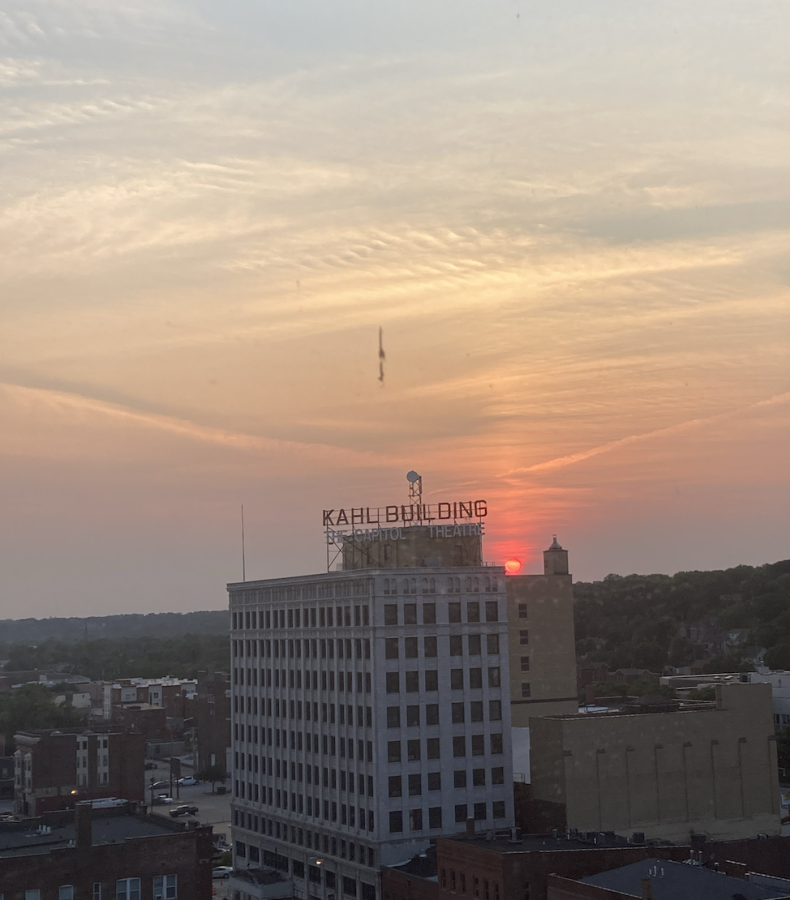Since the year 1915, America has experienced a fluctuating economic landscape. Issues such as income inequality, housing policies, limited educational opportunities, and a lack of support structures have been a prominent issue in the country, creating numerous barriers one must overcome to earn money.
However, this is not just an American problem. The phenomenon of an increasing wealth gap is a significant issue for the socialist nation of Venezuela as well. Recently, Venezuela’s wealth gap has grown larger than ever with about 96 percent of Venezuelans living in poverty.
Many across the globe struggle to understand the adverse effects of wealth inequality while others do not have a comprehensive grasp on the issue. The wealth gap creates a harm on economic growth and instigates dysfunction in politics.
Senior Sarah Chen, who has immersed herself in many environmental projects, thinks that resources will continue to become drastically different between the classes because of the wealth gap. “It’s harder for people in the lower class to make the same strides economically and socially as it is for high class and middle class individuals. The money will continue to be funneled to the top 10% which leaves less and less money for the poor because most high class people aren’t distributing money down the economic/social ladder,” Chen continued. “There’s no diffusion in the hierarchy of classes which will continue to separate the country economically and politically.”
Wealth inequality negatively affects individuals with underrepresented ethnicities presenting them with additional obstacles in areas of career opportunities and education. Since 1960, the median wealth of white households has increased by three times whereas black households have barely increased. Adding onto this, black representation is underrepresented in high-paying professions.
Most high paying jobs require certification or a degree from post-secondary institutions. And this is shown by the facts; higher education leads to greater success and greater opportunities for all, but in America, families headed by a postgraduate degree or higher hold nearly eight times more wealth than families without.
America’s wealth inequality has been an ongoing struggle to fix, and it may never fully be fixed but the wealth gap is not unique to America . Venezuela’s decades of poor governance has driven the once prosperous country into ruins. The scarcity of basic goods and rearing hyperinflation has only gotten worse.
Senior Raania Ahmad, who has a family orphanage in Pakistan to help younger kids and families, feels that Americans tend to be selfish and stray their eyes to other countries. “It’s hard to go to other countries and see how some people are living in luxury and others are struggling to make enough money a day for their families,” said Ahmad.
The wealth gap affects many countries varying from the US to Zambia. Although the severity differs from country to country, the presence of the issue is always present. Venezuela is just one example of many countries who often go unseen and struggle to rebuild themselves and as struggling countries continue to go unseen, so do struggling families.









